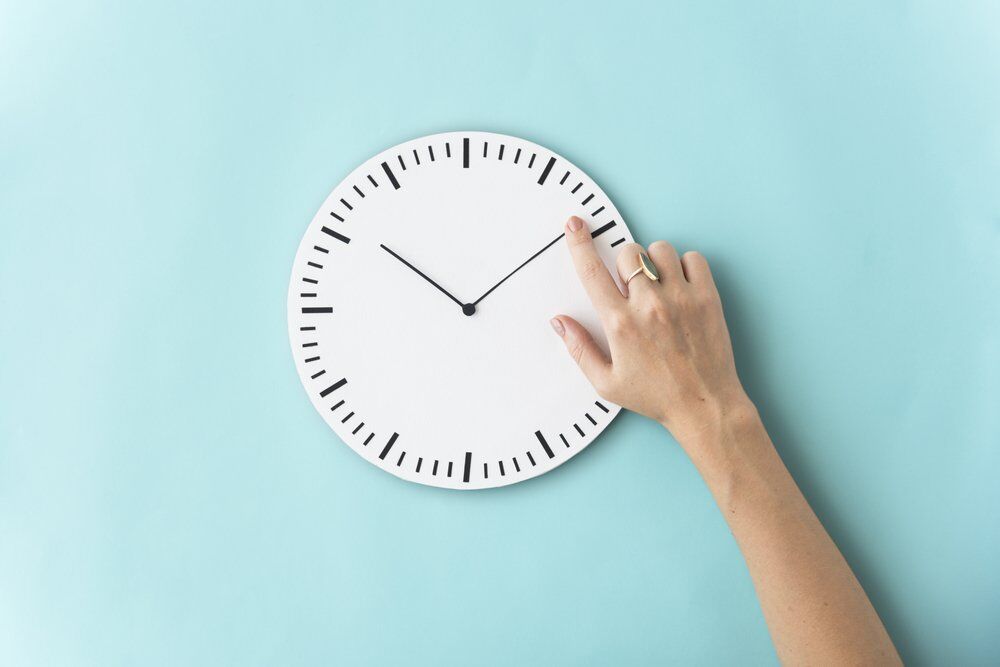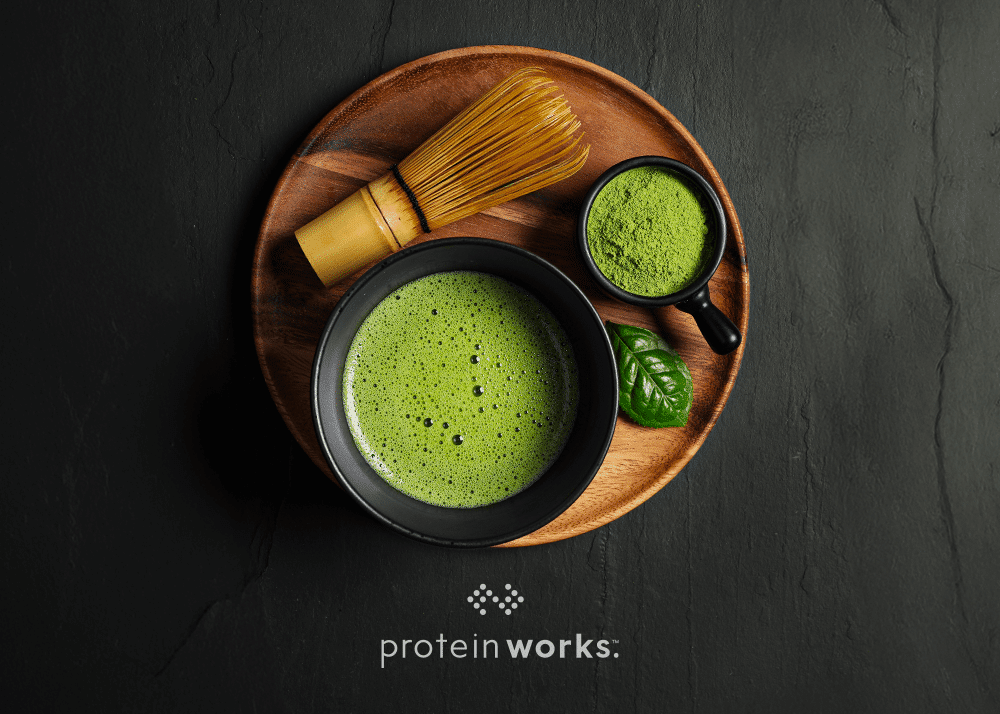
Your Guide to Working Out and Fasting
Working out while fasting is a hotly debated topic, with many fitness experts recommending it while others disagree, claiming that the negatives outweigh the benefits. But what does the science say? Should you exercise while fasted? If so, how should you go about doing so? This article will guide you.
Why Should You Fast?
Fasting is a dieting tool that many people use for a variety of reasons. It is obviously used for weight loss, but this is not the only reason. People fast for religious reasons, for example Muslims fast during Ramadan. While others believe that fasting can help them focus more on work, studies back this up:
“Fasting improves cognition, stalls age-related cognitive decline, usually slows neurodegeneration, reduces brain damage and enhances functional recovery after stroke, and mitigates the pathological and clinical features of epilepsy and multiple sclerosis in animal models.”
Some people aren’t consciously fasting, but they may skip breakfast and train early in the morning. This is the most common cause of working out while fasting, and the main reason why people do this is that they find eating breakfast and then working out makes them feel sick.
Many people train in a fasted state because they believe that it can enhance fat loss. The evidence for this is sketchy, and most of the larger studies have found no real difference in fat burning. There is evidence that fasted cardio is more difficult than regular cardio, with drops in intensity and performance noted.
 What Does Fasted Exercise Mean?
What Does Fasted Exercise Mean?
To be in a truly fasted state, you can’t have eaten anything for several hours before a workout. If you wake up and head straight to the gym consuming nothing but water, then you are training while fasted. If you wake up, drink a protein shake, and then have a workout then you are not training while fasted. Coffee is okay so long as you have it black, but even adding milk will mean you are not training fasted.
Now, if you have a flat white coffee (or whatever) you may not technically be fasting, but the difference won’t exactly be noticeable to you mid-workout. So, you should still follow all of the advice below. But if you are trying to fast because you believe it will help you burn fat, then it is good to know what constitutes an actual fast.
 How to Work Out While Fasting
How to Work Out While Fasting
The first thing you should do is always carry a sugary snack or drink in your workout bag. Why? If you start to feel dizzy or nauseated while exercising you will want a fast-acting carbohydrate to eat/drink immediately to help you feel better.
Fruit is a good shout, though obviously it’s perishable. A protein bar is another good idea, as is an energy drink. A big bag of sweets is also not a terrible choice. Remember, this is for emergencies! Or as a post-workout treat, we’re not here to judge.
Something else that you should consider. You are not going to be able to train at maximum intensity while in a fasted state. While the debate about how effective fasted exercise is for fat loss is fairly balanced, no scientists are arguing that training while fasting improves performance. It doesn’t.
Lower your expectations, give yourself longer rests between sets, and maybe avoid attempting a new bench press record. That being said, if you are training fasted all the time your body will begin to get used to it, and you may find that you train at close to optimal levels. Even so, you may see improvements if you switch to a later time and have a proper pre-workout meal first.
Use the RPE scale while you train. This is a scale from 1-10, with 1 representing zero effort, and 10 representing you training at max intensity. Grade each set immediately after finishing it (in your head, you don’t need to write it down). If you are finding exercises harder than you would normally, then you may be low on energy due to the fast.
 Post Workout Nutrition
Post Workout Nutrition
If you are fasting for religious reasons, then you will probably already know the benefits of timing your workouts to coincide with mealtimes. But if you are new to fasting, then you need to understand how important your post-workout nutrition is.
A lot is made of the anabolic window, a period of time after a workout where you need to eat a lot of protein to prevent your body from losing muscle mass. Interestingly, the anabolic window is something of a myth.
What you eat before a workout can actually contribute to post-workout recovery. Also, the “window” is much wider than people imagine. Eat a protein-based meal 2 hours before a workout and you won’t need to worry about losing muscle afterwards.
But if you are fasting, then your post workout nutrition is actually crucial. Because your body won’t have any protein stores to use for muscle repair and growth. A solid post workout shake is a great shout, because it is fast digesting and contains a large amount of protein. Or you could choose to eat your breakfast as a post-workout meal. Or time your workout so that you can have lunch immediately afterwards.
Whatever you do, just make sure that you are getting some form of protein within a couple of hours of training. This will help to protect your muscle mass, and will also help you feel better.


 What Does Fasted Exercise Mean?
What Does Fasted Exercise Mean? How to Work Out While Fasting
How to Work Out While Fasting Post Workout Nutrition
Post Workout Nutrition
No Comments yet!